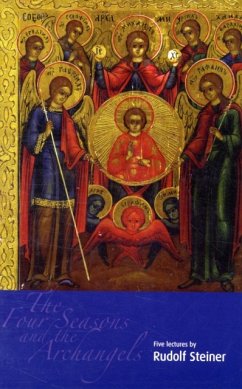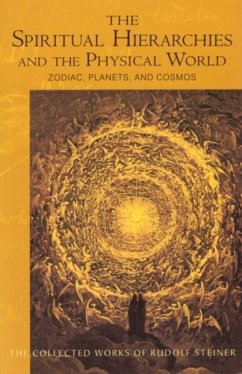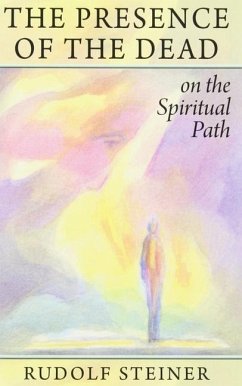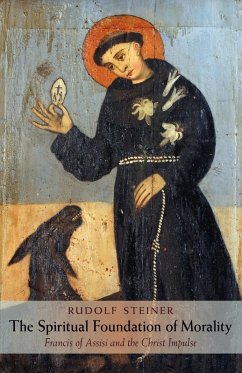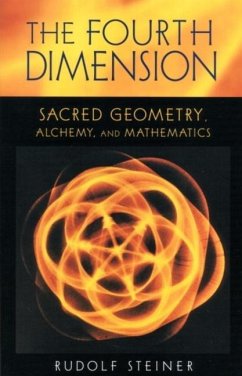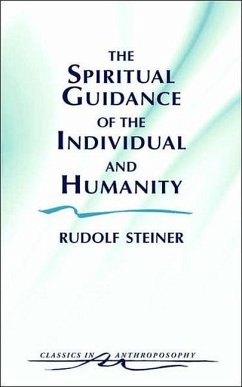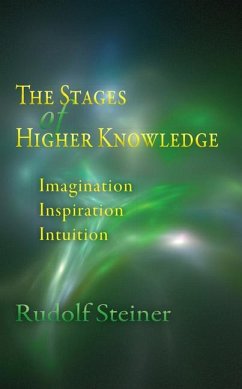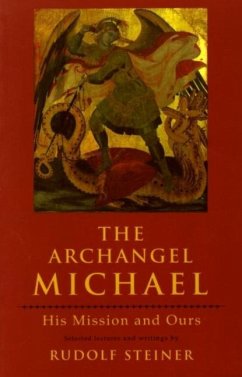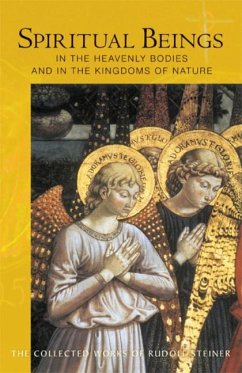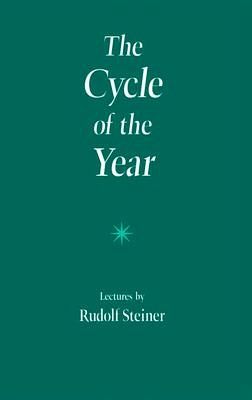
The Cycle of the Year
As Breathing Process of the Earth (Cw 223)
Übersetzer: Betteridge, Barbara; Dawson, Frances E
Versandkostenfrei!
Versandfertig in 2-4 Wochen
22,99 €
inkl. MwSt.

PAYBACK Punkte
11 °P sammeln!
In these five lectures given at Easter in 1923, Rudolf Steiner lays a foundation for celebrating the Christian festivals -- Christmas, Easter, St. John's, and Michaelmas -- in a fully conscious way. He describes how the festival year evolved over long ages from the cycle of inbreathing and outbreathing that the forces which are the Earth's soul element carry out in relation to the cosmos, and reveals the deep relationship of humankind to the Earth's seasons, to the time of the solstices and the equinoxes, and through the festivals of the seasons to the Christ Being..






